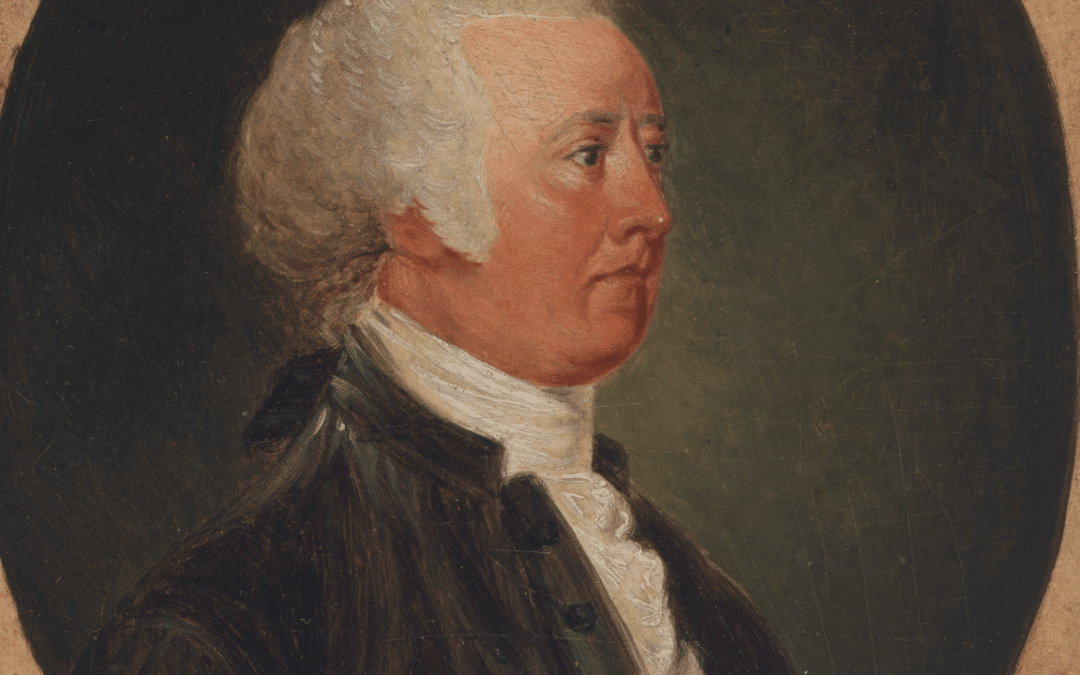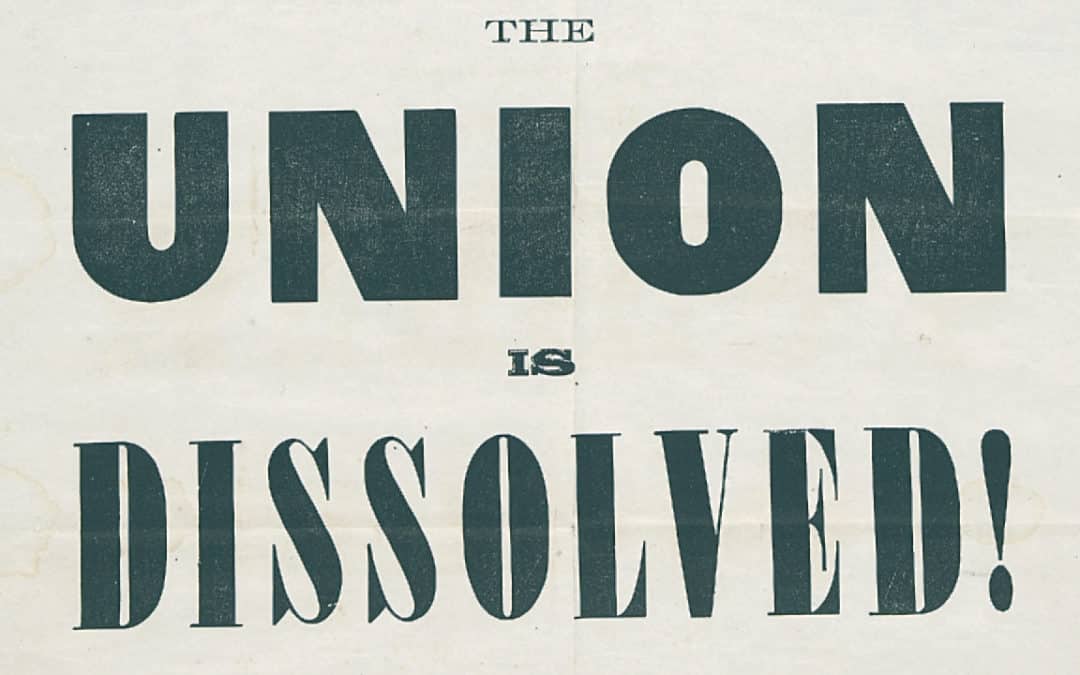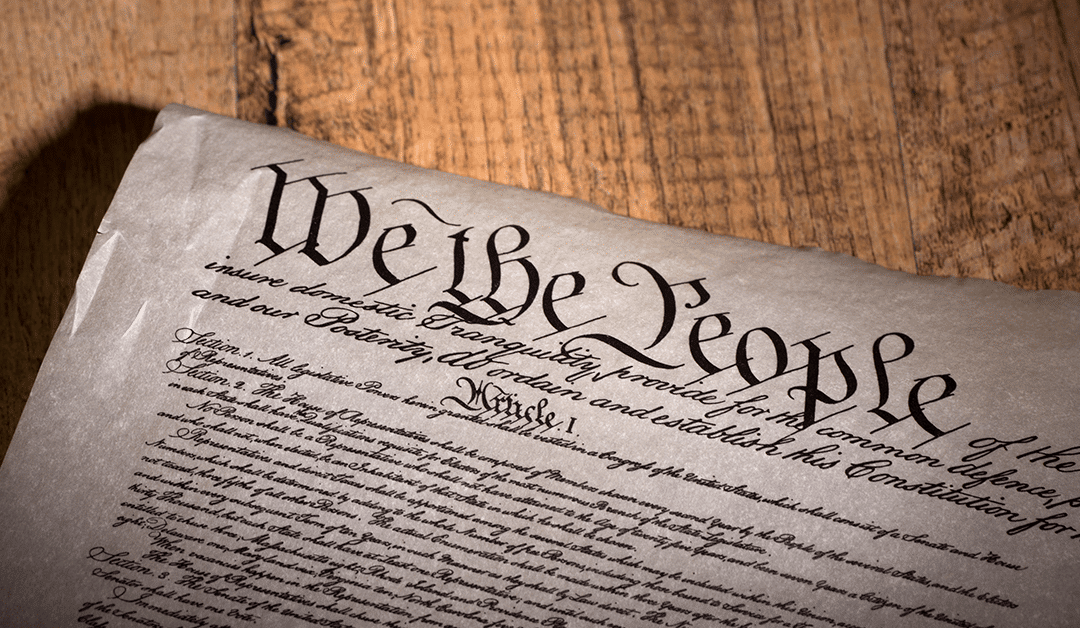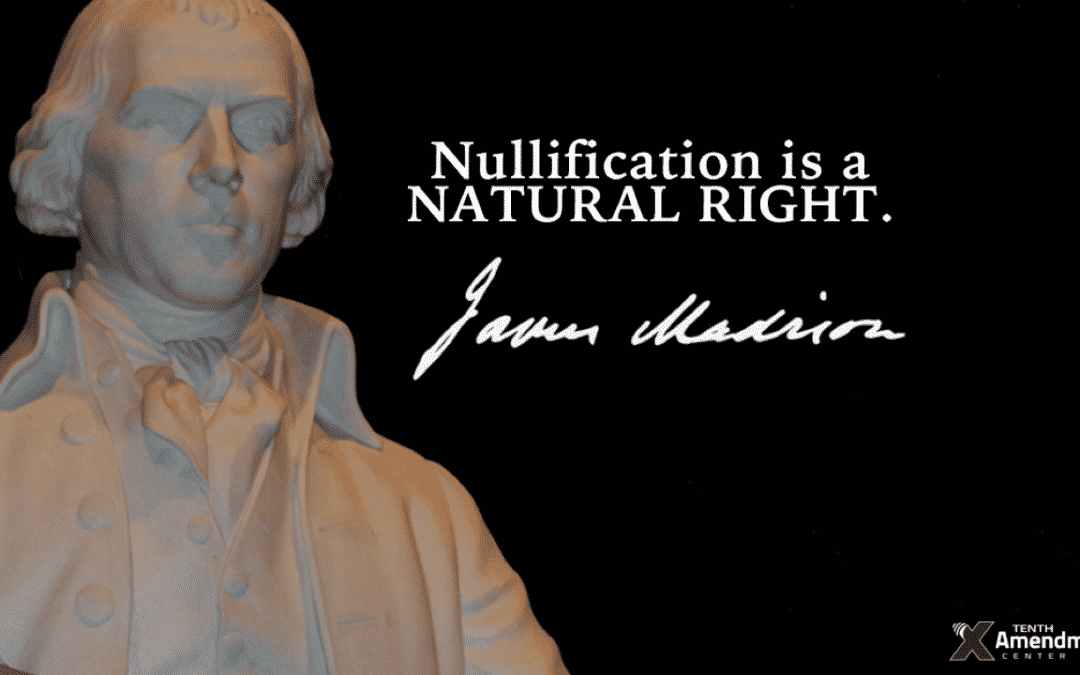


Today in History: South Carolina Secedes from the Union
Today in 1860, South Carolina seceded from the United States, becoming the first state to do so during Secession Winter of 1860-1861. A few days later, the state released a document explaining its reasoning, the Declaration of the Immediate Causes Which Induce and...
New Info on the Constitution’s Ratification. Part I: South Carolina
Judges and lawyers sometimes refer to the “intent of the framers” or the “original meaning” when describing how we should read the U.S. Constitution. However, if you want to apply the Founders’ own rules of interpretation to the Constitution, the understanding of the...
